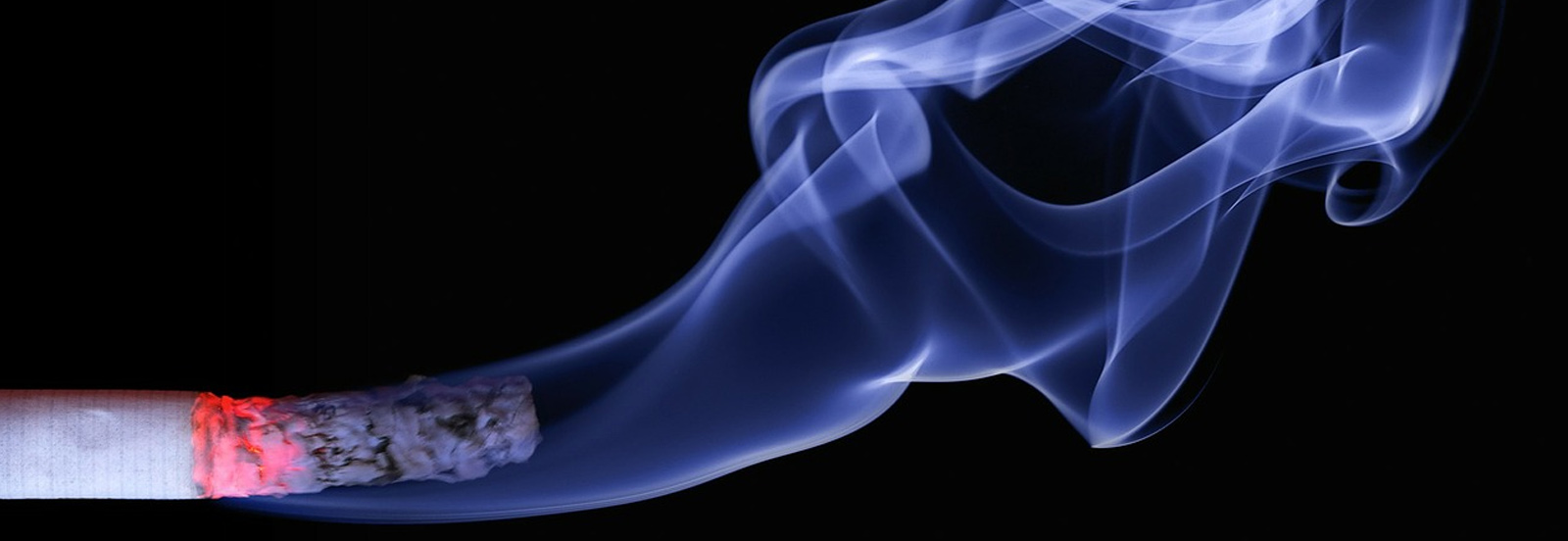Limited Tobacco-Use Policy
The University of Memphis believes that a healthy, safe and aesthetically pleasing campus environment for students, faculty and staff to learn, live, and work is beneficial to everyone. In 2011, UofM President Shirley Raines appointed a committee to develop a 'healthy campus' initiative. Named Memphis Healthy U, the initiative has three action components: move more, eat healthier and be tobacco-free.
The tobacco-free initiative was originally proposed by the Student Government Association, which enacted a resolution calling for a smoke-free campus. The Faculty Senate and Staff Senate then passed similar resolutions.
Building on these developments, the University's Policy Review Board approved a comprehensive policy to limit the use of tobacco on all UofM campuses by faculty, staff, students, contractors and visitors. It will be effective October 1, 2012, 24 hours a day, year round. The complete policy can be viewed at http://policies.memphis.edu/UM1738.htm, but key components include:
- Tobacco use is not permitted in any UofM-owned or leased property, including grounds, vehicles, and buildings. The only exception is residential rental properties governed by tenant leases, and individual guest rooms designated as 'smoking rooms' in the UofM Holiday Inn and the Fogelman Executive Center.
- Tobacco use is also prohibited in all state-owned vehicles.
- Several sites on the main, Park Avenue (South Campus), Lambuth and Millington campuses
have been designated where the use of tobacco products is permitted. These sites are
noted via links on the Designated Areas page.
In developing the new policy, the University took the following statistics into account:
- Almost 70 percent of UofM students said they had not used tobacco in the past year. (Core Alcohol and Drug Survey, 2011)
- Tennessee ranks fifth in the nation in terms of tobacco usage.
- The U.S. Surgeon General's office has determined that tobacco smoking is the leading preventable cause of death and disability in the United States.
- Approximately 50,000 Americans die each year from lung cancer and heart disease because of exposure to second-hand smoke. (Centers for Disease Control)
- The risk for most chronic diseases can be reduced by changes in personal lifestyle, such as increased physical activity, a healthier diet and not smoking or using tobacco products.

